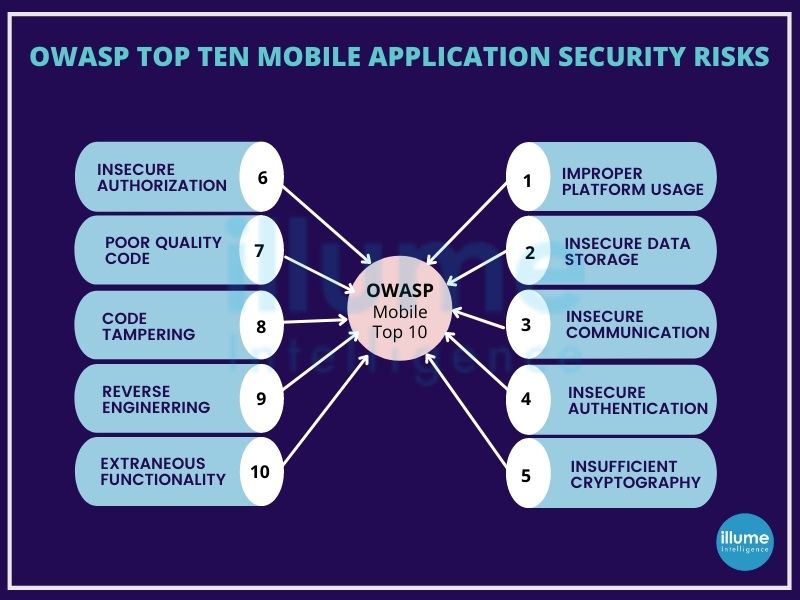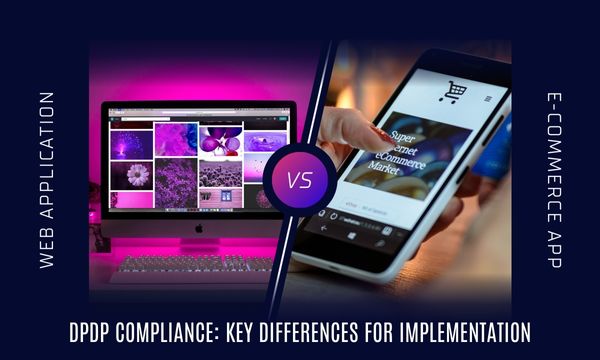Ensuring data protection with Mobile App security testing
The increased usage of mobile applications has also raised the concern for the safety of the user data. Delivering a perfectly working and secure application is crucial for user retention. Users must be updated about the data collection and how and why it is collected. The applications should only collect the necessary data.
Mobile app security testing is intended to ensure complete data protection. Using the set of tests it is tested against the vulnerabilities that may allow external threats to gain access into the device.
It is often hard for organisations to monitor their applications adequately to adapt security protocol to mitigate the emerging threats. Changing compliance laws also requires the organisations to strictly follow the mandates to protect the security of users (e.g. GDPR compliance).
Application security is of utmost importance for the organisation to develop and improve the business with the assurance that they are safe from potential threats. Lacking in implementing security will lead to severe issues like compliance violations, financial losses, reputation and trust loss from the stakeholders and clients.

What are the mobile application security risks?
Mobile apps are designed focusing on providing the smooth interface and best functionality to users. They lack the capabilities to secure data transmission over the internet. Hence installing the antivirus app may secure the network and prevent the device but it failed to protect against a weak password or a poorly designed app.
There are common security lapses documented by the industry experts under the Open Web Application Security Project (OWASP).
How do we test mobile application security?
The important steps that we take while testing any app are below-
1. Application Threat Model - Creating the model by understanding the application requirements.
2. Performing Static and Dynamic assessment -Using automated tools and exploring the application manually to explore and execute the test cases in various scenarios.
3. Pen Testing - Exploiting the vulnerabilities to gain access and perform malicious activities.
4. Reporting and Mitigating - Reporting the bugs and mitigations to the client in detail.
Testing the mobile application is important for the developer as it takes lots of effort, money and time for the developer along with the security of the user using the application. Any misconfiguration may lead to serious losses on part of both parties.
With the increase of portable devices, the usage of applications will only increase in the future. Are you ready with the secure applications?







